Religious Tensions Between: Propaganda, Diplomacy, and Border Dynamics
Dhaka, Dec 07, (V7N) - The long-standing relationship between Bangladesh and India has faced significant strain in recent times due to heightened religious tensions. These tensions, driven by political manipulation, provocative narratives, and social media misinformation, are challenging the diplomatic and social fabric between the two neighboring countries. The escalation has been marked by events such as the attack on Bangladesh's Assistant High Commission in Agartala and inflammatory propaganda from both sides. This report delves into the causes, implications, and potential solutions to the ongoing crisis.
A Troubled Context
The religious tensions between Bangladesh and India have their roots in both internal political dynamics and cross-border perceptions. In recent years, India has witnessed increasing polarization under the influence of Hindutva ideology, which has raised concerns among its Muslim minority. Policies such as the Citizenship Amendment Act (CAA) and the National Register of Citizens (NRC) have fueled discontent among Indian Muslims and drawn critical attention from neighboring Bangladesh.
In response, some political factions in Bangladesh have used these developments to stir public opinion, framing India as hostile to Muslim interests. This has led to protests and public outcry, with religious leaders and extremist groups capitalizing on the situation to gain influence. The result is a volatile environment where religion is used as a political tool in both countries.
The Role of Media and Propaganda
The media in both nations has played a significant role in escalating tensions. Certain Indian news outlets have portrayed Bangladesh as a source of communal violence, focusing on incidents of religious discord and exaggerating their impact. These reports often omit context and nuance, feeding into a narrative of hostility.
On the other hand, some Bangladeshi political factions and religious groups have used social media to circulate inflammatory content about India's treatment of Muslims. This has included doctored images, false narratives, and videos intended to provoke outrage. Social media platforms have become battlegrounds for misinformation, with little oversight or accountability.
One particularly contentious issue has been the involvement of ISKCON (International Society for Krishna Consciousness). The arrest of ISKCON leader Chinmoy in Bangladesh for allegedly inciting religious tensions has spotlighted the role of religious organizations in the current crisis. Critics argue that groups like ISKCON, with their transnational networks, can inadvertently or deliberately influence domestic politics, further complicating bilateral relations.
Attack on Bangladesh Mission
A pivotal moment in the crisis occurred with the attack on the Bangladesh Assistant High Commission in Agartala, Tripura. The burning of Bangladesh’s national flag during the attack has been widely condemned, with Dhaka issuing a strong diplomatic protest to New Delhi. The incident has not only hurt national pride but also raised questions about the safety of diplomatic missions and the responsibility of host nations to protect them.
Interim Chief Adviser Professor Muhammad Yunus has responded by calling for national unity. In a rare show of solidarity, political parties, student organizations, and religious leaders have come together to defend Bangladesh’s sovereignty. However, this unity is fragile, given the complex interplay of domestic and international politics at play.
Border Dynamics
The tensions have also spilled over to the border, where security has been significantly increased. Both nations have deployed additional personnel, and there have been reports of heightened vigilance on both sides. While cooperation between the Border Security Force (BSF) of India and the Border Guard Bangladesh (BGB) continues, local communities near the border are living in fear of potential violence.
Trade relations, one of the cornerstones of India-Bangladesh ties, remain operational but are under strain. Visa services, already limited due to political and bureaucratic reasons, have further deteriorated, reflecting the broader decline in people-to-people relations.
Diplomatic Challenges
The arrival of India’s Foreign Secretary in Dhaka amid this crisis signifies the urgency with which both nations view the situation. While his visit is expected to focus on addressing the immediate fallout from the Agartala attack and other tensions, experts believe that long-term solutions will require deeper engagement.
Bangladesh has expressed its dissatisfaction with India's handling of certain sensitive issues, while India has pointed to misinformation campaigns in Bangladesh as contributing to the tensions. Both nations must navigate these grievances carefully to prevent further deterioration in relations.
Economic and Strategic Implications
Beyond the immediate political and social impact, the religious tensions have economic and strategic implications. India and Bangladesh have enjoyed robust trade relations, with India being one of Bangladesh’s largest trading partners. However, the current crisis risks undermining these ties, as mistrust spills over into economic interactions.
Strategically, the tensions could also impact regional stability. As two key players in South Asia, India and Bangladesh share responsibility for maintaining peace and cooperation in the region. Prolonged discord could weaken collective efforts to address common challenges such as climate change, economic development, and counterterrorism.
Expert Opinions
Political analysts and international relations experts have called for restraint and responsibility on both sides. Dr. Mohammad Anwar of Dhaka University emphasizes the need for careful diplomacy: “Religious tensions are a sensitive issue that can easily spiral out of control. Both governments must work to de-escalate the situation through dialogue and cooperation.”
Similarly, Dr. Arun Sharma of Jawaharlal Nehru University warns against the dangers of inflammatory rhetoric: “The role of the media and political leaders is critical. They must avoid statements or actions that can deepen divides and instead focus on fostering mutual understanding.”
Steps Towards Resolution
To address the ongoing crisis, several measures can be taken:
-
Strengthening Diplomatic Dialogue: High-level talks between India and Bangladesh are essential to address immediate concerns and build trust. This includes transparent communication about contentious issues and a commitment to mutual respect.
-
Media Accountability: Both nations must encourage their media outlets to practice responsible journalism. Misinformation and sensationalism must be countered with facts and balanced reporting.
-
Social Media Regulation: Governments should collaborate with social media platforms to identify and remove false and inflammatory content. Public awareness campaigns can also help people recognize and reject propaganda.
-
Community Engagement: Religious and community leaders must be involved in efforts to promote harmony and counter divisive narratives. Grassroots initiatives can play a vital role in rebuilding trust.
-
Monitoring Religious Organizations: The activities of groups like ISKCON must be closely scrutinized to ensure they do not inadvertently contribute to tensions. Transparency and accountability in their operations are crucial.
Conclusion
The religious tensions between Bangladesh and India underscore the complex interplay of politics, religion, and diplomacy in South Asia. While the current crisis poses significant challenges, it also offers an opportunity for both nations to reaffirm their commitment to peace and cooperation. By addressing the root causes of the tensions and promoting responsible leadership, India and Bangladesh can navigate this turbulent period and emerge with a stronger and more resilient relationship.
In a region where historical and cultural ties run deep, the path to harmony lies in embracing shared values and rejecting divisive forces. Only through mutual understanding and collaboration can both nations ensure a future of stability and prosperity for their people.
END/SMA/AJ/



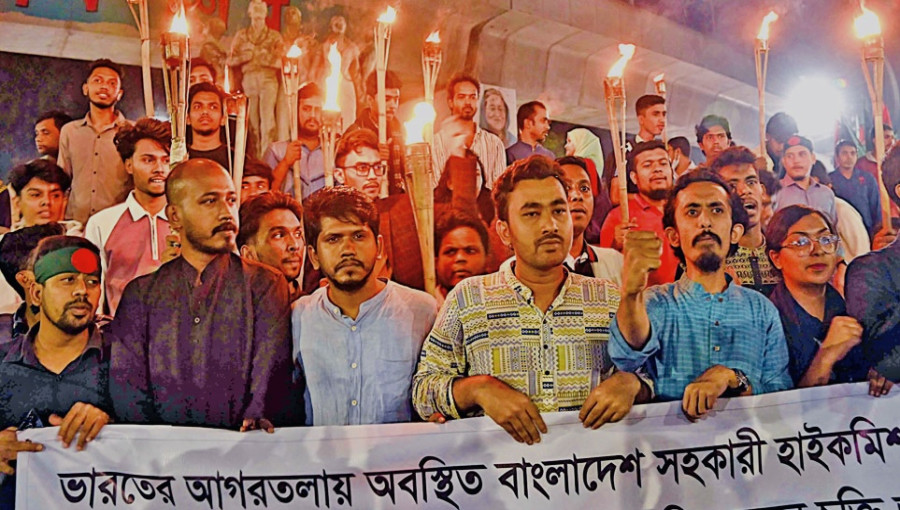

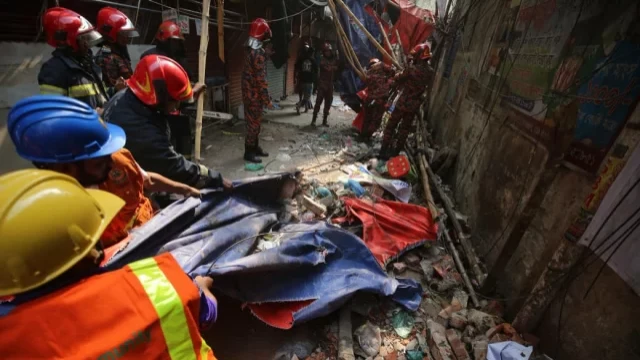
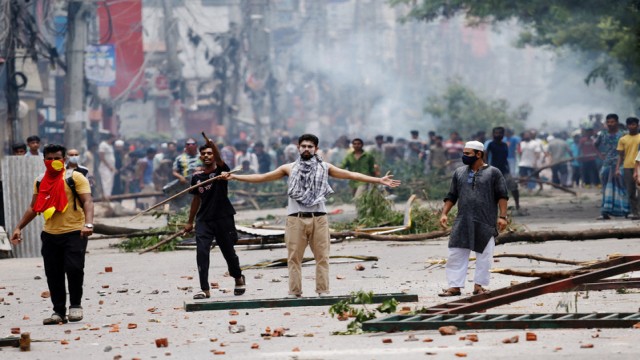

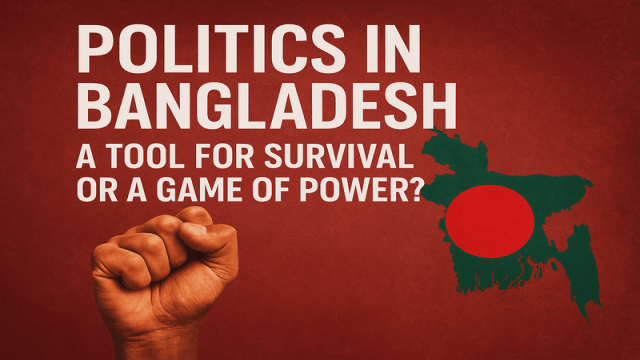
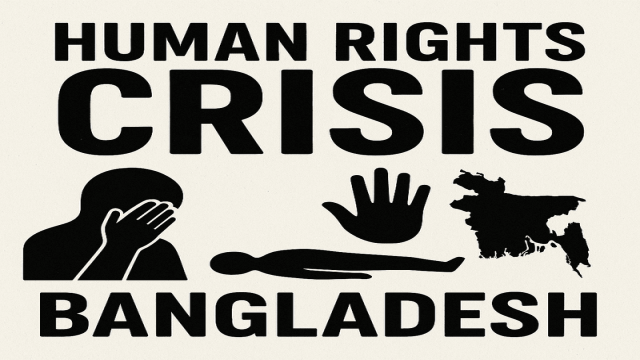
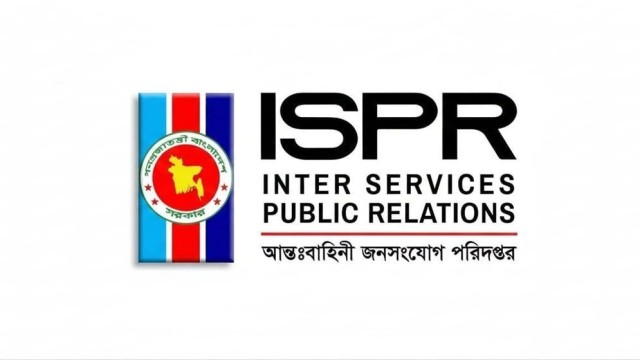
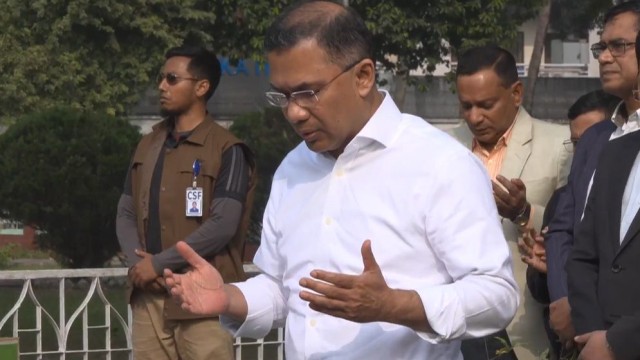
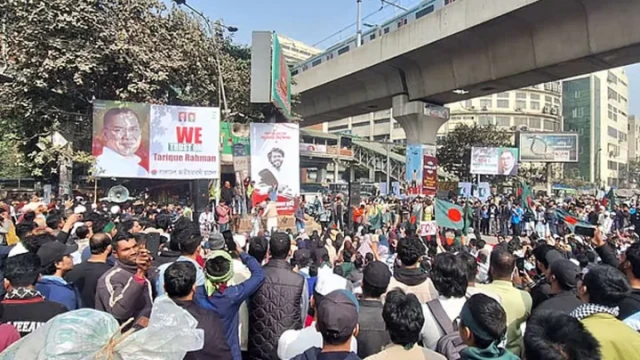
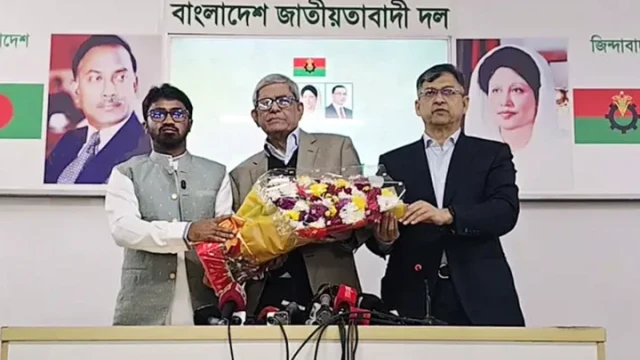
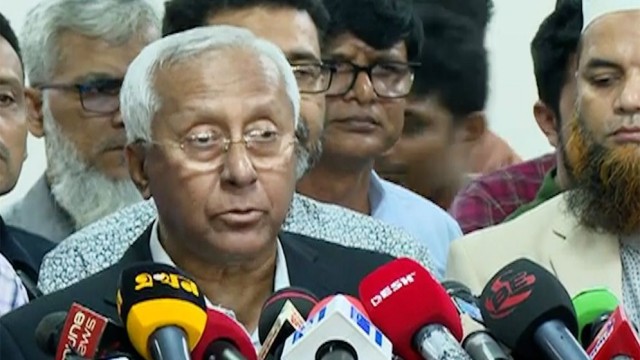
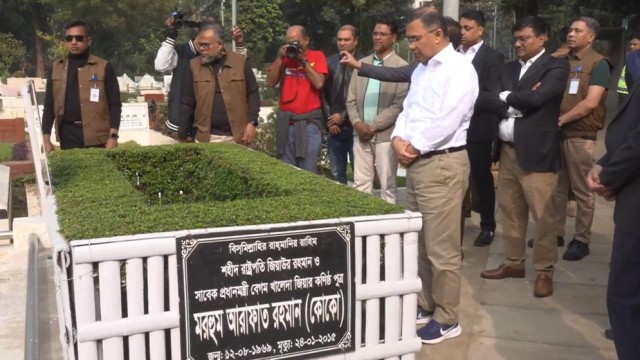

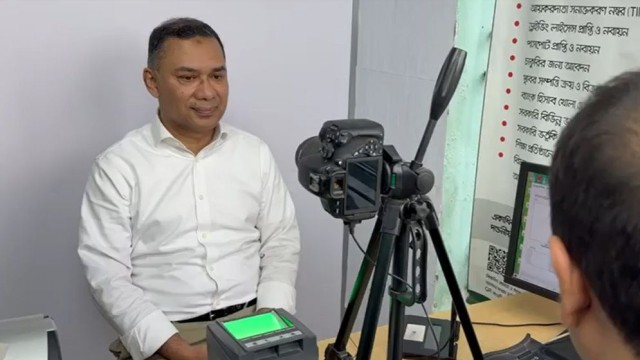

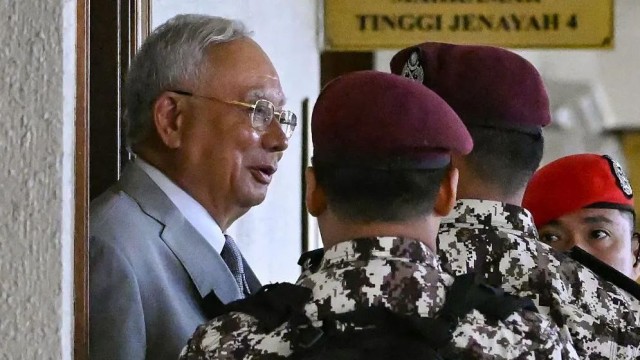

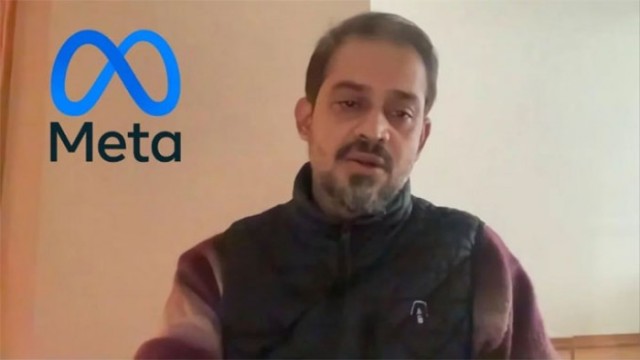
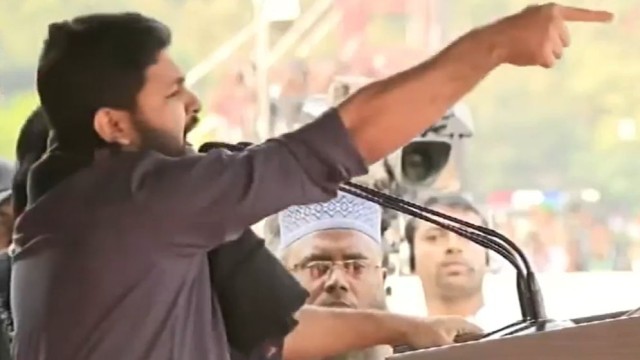

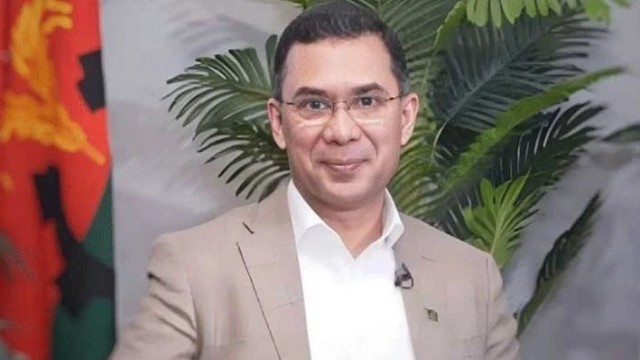
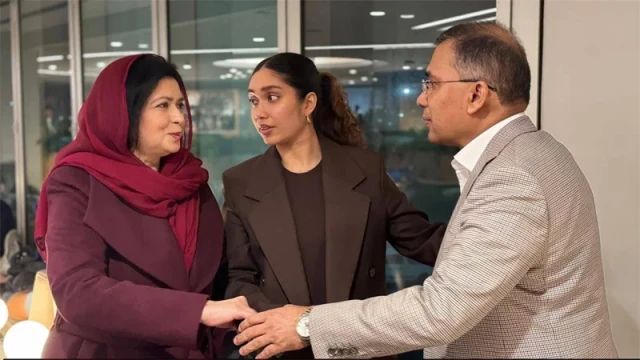
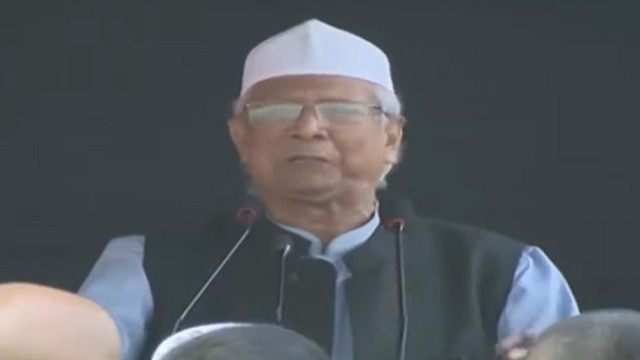
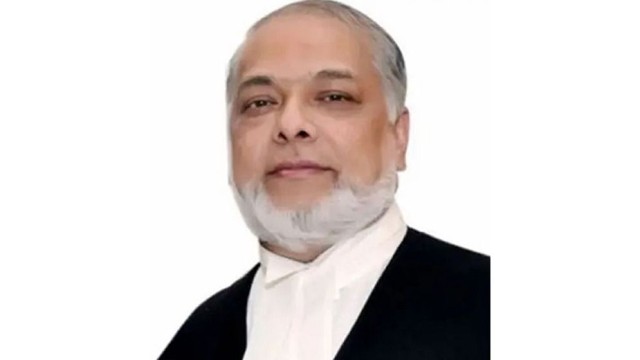
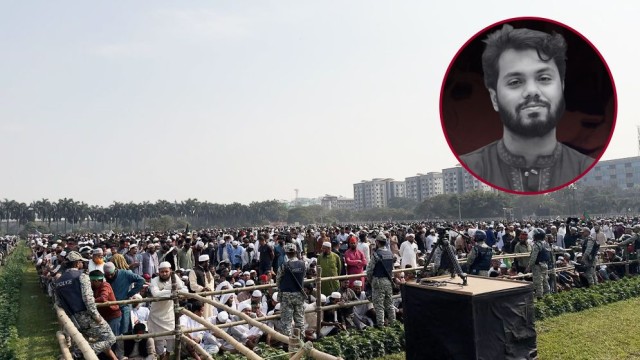
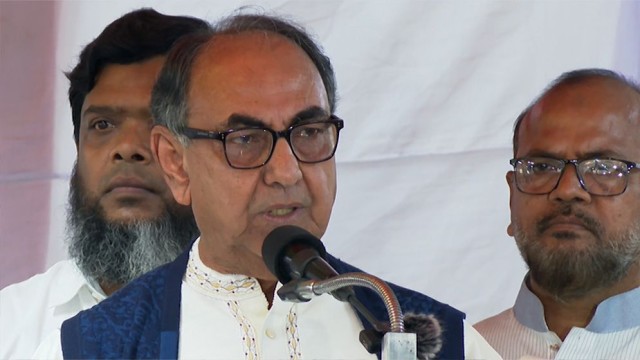

Comment: